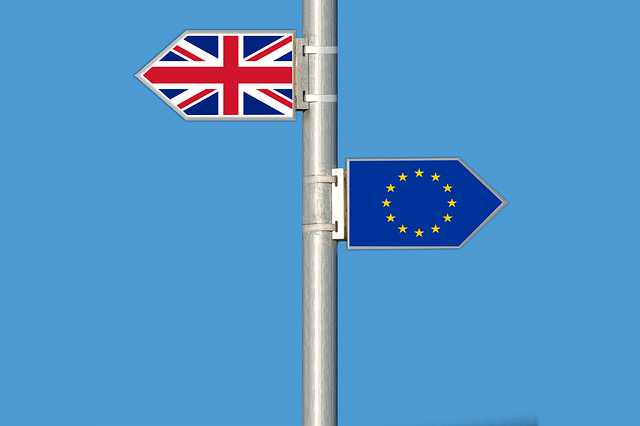On Wednesday March 29, British prime minister Theresa May will activate Article 50 of the Lisbon Treaty, which will officially start the process of the United Kingdom’s withdrawal from the EU.
READ ALSO: David Davis in Copenhagen for Brexit talks
PM Lars Løkke Rasmussen has invited a number of key ministers, plus union officials and top business executives, to a meeting at Marienborg, his official residence, on Monday, DR Nyheder reports.
A lot of jobs at stake
It is estimated that around 2,400 companies export goods to the United Kingdom, and that this involves 53,000 jobs. “That’s a very large number, and it indicates the importance of having a strong trading relationship with the United Kingdom,” the prime minister said.
“That’s also why I’m rather unhappy that we are engaged in divorce proceedings – which we’ve never wanted – but which we have to respect.”
Unified strategy and information-sharing
Rasmussen emphasised that it is important to have a unified Danish strategy for the UK’s departure.
“Our interest is to secure access to the British market as advantageously as possible, but of course on balanced terms,” he said. “To continue the divorce analogy, you can’t have the children every second week if you don’t pay your share of the child support.”
He added that “when we meet on Monday, it will probably be to build a partnership and channel for mutual information-sharing for the Danish businesses that have the most at stake here.”
Once May has activated Article 50, the 27 remaining EU countries will hold a summit meeting a month later to adopt the guidelines for negotiation on the British withdrawal from the EU.














